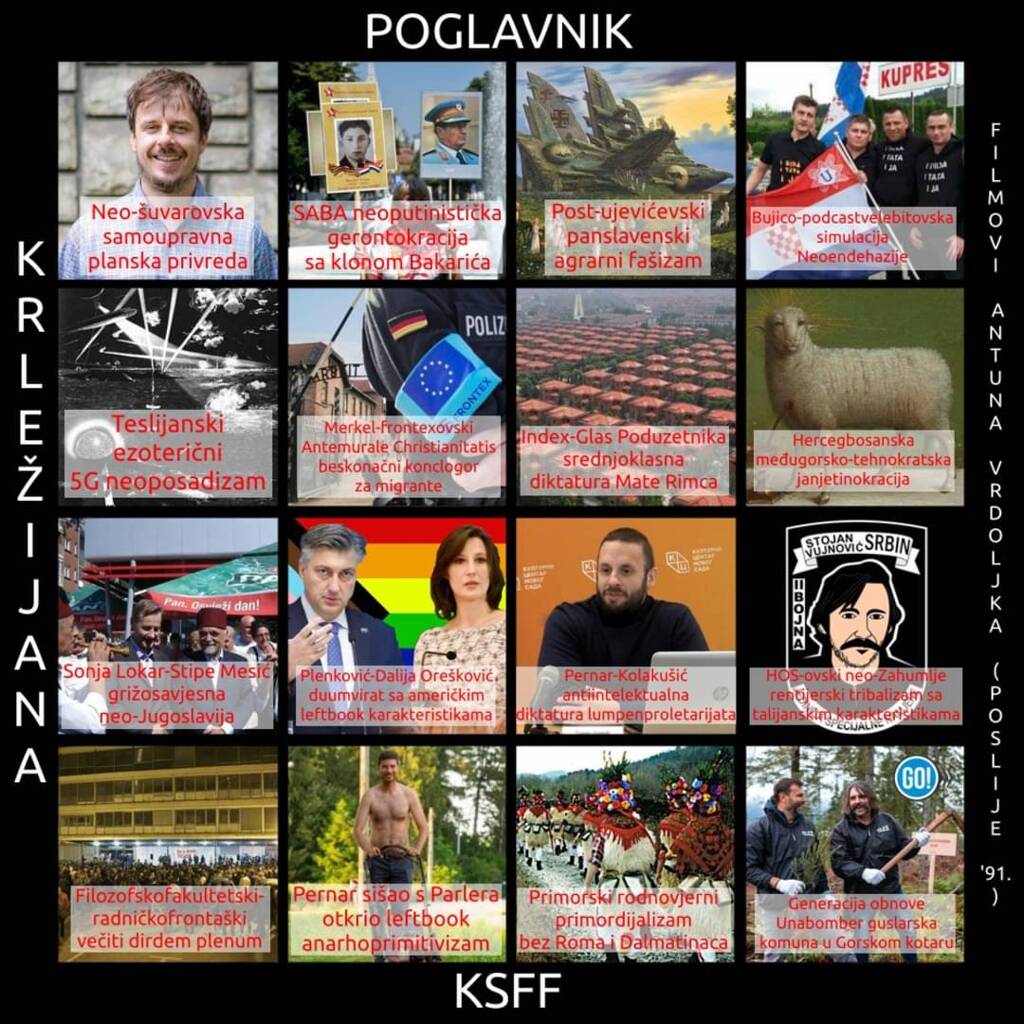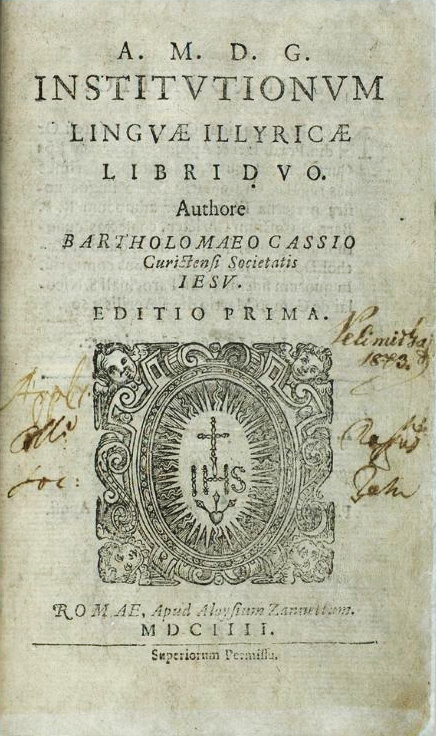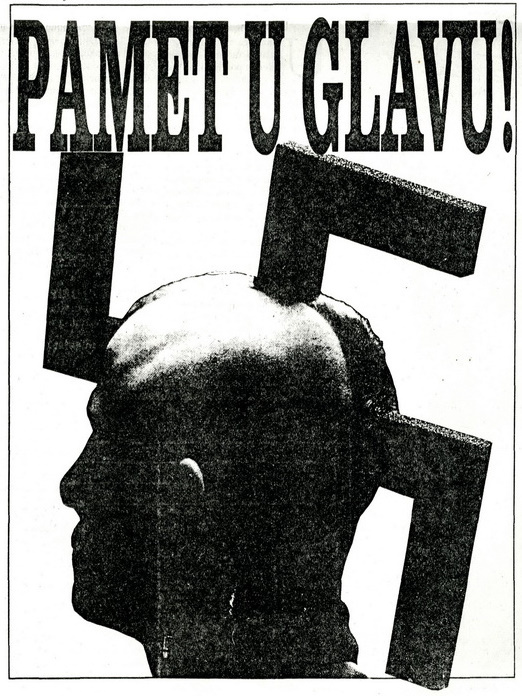What's that he's pointing at, a drone?
Yeah, like, if Musk is telling the truth here, that means has been protecting a child rapist for months.
western mainstream media sources systematically skew, omit and promote information, sometimes even spread outright disinformation in line with the political ideology of their owners, their corporate interests or their national ideologies too
As opposed to eastern(?) mainstream media, western non-mainstream media, and eastern(?) non-mainstream media. Propagandistic goals of the media exist always and everywhere, I don't see why it's necessary to single out western mainstream media in this discussion. (I'd note that I agree that having some site just throw an unsubstantiated "fake news" label onto news sites is worthless as criticism.)
As I said in an another comment, I find that traditional encyclopedias fare better than Wikipedia in this respect. Wikipedians can muddle even comparatively simple topics, e.g. linguistic purism is described like this:
Linguistic purism or linguistic protectionism is a concept with two common meanings: one with respect to foreign languages and the other with respect to the internal variants of a language (dialects). The first meaning is the historical trend of the users of a language desiring to conserve intact the language's lexical structure of word families, in opposition to foreign influence which are considered 'impure'. The second meaning is the prescriptive[1] practice of determining and recognizing one linguistic variety (dialect) as being purer or of intrinsically higher quality than other related varieties.
This is so hopelessly awkward, confusing and inconsistent. (I hope I'll get around to fixing it, btw.) Compare it with how the linguist RL Trask defines it in his Language and Linguistics: The Key Concepts:
[Purism] The belief that words (and other linguistic features) of foreign origin are a kind of contamination sullying the purity of a language.
Bam! No LLMs were needed for this definition.
So here's my explanation for this problem: Wikipedians, specialist or non-specialist, like to collect and pile up a lot of cool info they've found in literature and online. When you have several such people working simultaneously, you easily end up with chaotic texts with no head or tails, which can always be expanded further and further with new stuff you've found because it's just a webpage with no technical limits. When scholars write traditional encyclopedic texts, the limited space and singular viewpoint force them to write something much more coherent and readable.
Yeah, the catastrophic comments do take it too far... WMF has already announced they're putting it on hold, so at the very least there's a lot of discussion with the editors and additional work that will have to happen before this launches - if it ever launches.
RAG is very good and accurate these days that doesn’t invent stuff.
In the OP I linked a comment showing how the summary presented in the showcase video is not actually very accurate and it definitely does invent some elements that are not present in the article that is being summarised.
And in general the "accessibility" that primarily seems to work by expressing things in imprecise, unscientific or emotionally charged terms could well be more harmful than less immediately accessible but accurate and unambiguous content. You appeal to Wikipedia being "a project that is all about sharing information with people to whom information is least accessible", but I don't think this ever was that much of a goal - otherwise the editors would have always worked harder on keeping the articles easily accessible and comprehensible to laymen (in fact I'd say traditional encyclopedias are typically superior to Wikipedia in this regard).
and would save millions of editor hours and allow more accuracy and complexity in the articles themselves.
Sorry but you're making things up here, not even the developers of the summaries are promising such massive consequences. The summaries weren't meant to replace any of the usual editing work, they weren't meant to replace the normal introductory paragraphs or anything else. How would they save these supposed "millions of editor hours" then? In fact, they themselves would have to be managed by the editors as well, so all I see is a bit of additional work.
You openly declaring yourself as "pro-AI" (which I didn't have to ask for because I remember your numerous previous comments) and opposing yourself to "anti-AI" people really just shows that the discussion is on wrong tracks. The point of being pro or against AI should be to have whatever positive consequences for the stuff people are doing, in this case Wikipedia. The priority should be to be pro-Wikipedia, and then work out how AI relates to that, rather than going the other way around.
And true to your self-description you're only defending AI as a concept, by default, without addressing the actual complaints or elaborating why it would be so desirable, but by accusing others of being anti-AI, as if that's meaningful critique by itself.
Since you claim to be an editor, you could also join the discussion on Village Pump directly and provide your view there. But I believe we've already had a very similar discussion about Wikipedia some time ago, and I think you said you're not actually active there anymore.
I posted that first reply before the comment had any downvotes at all, and in my first response to you it is even now certainly clear who I'm talking about.
You seem to be more interested in wringing out arguments to defend AI tools than in how to make Wikipedia function better (adding low-quality summaries and shrugging at the negative reactions because the editors don't "really" have to fix any of them is not how WP will be improved). That the editors aren't irrelevant fools in their tiny bubble is something WMF apparently agrees with, because they've just announced they're pausing the A/B testing of the AI summaries they planned.
I’m not talking about them at all.
But it's quite obvious that they were what I was talking about, and you were responding to me. Instead of responding to my actual comment, you deceptively shifted the topic in order to trivialise the situation.
The target of these AI summaries are not Wikipedia editors
Except that the editors will very likely have to work to manage those summaries (rate, correct or delete them), so they definitely will be affected by them. And in general it's completely unacceptable to suggest that the people who have created 99% of the content on Wikipedia should have less of a say on how the website functions than a handful of bureaucrats who ran a survey.
If Wikipedia editors don’t like it there’ll likely be an option to disable it.
Disabling would necessarily mean disabling it wiki-wide, not just for individual editors, in which case the opinions of the editors' "bubble" will be quite relevant.
Have you read my OP or did you just use an AI-generated summary? I copy-pasted several comments from Wikipedia editors and linked a page with dozens, if not a hundred other comments by them, and they're overwhelmingly negative.
The problem is that the bubble here are the editors who actually create the site and keep it running, and their "opposition" is the bubble of WMF staff.









Looks like you aren't.